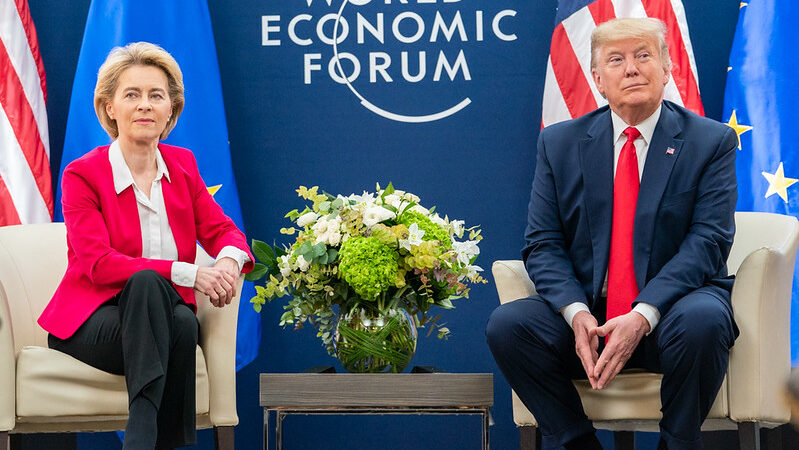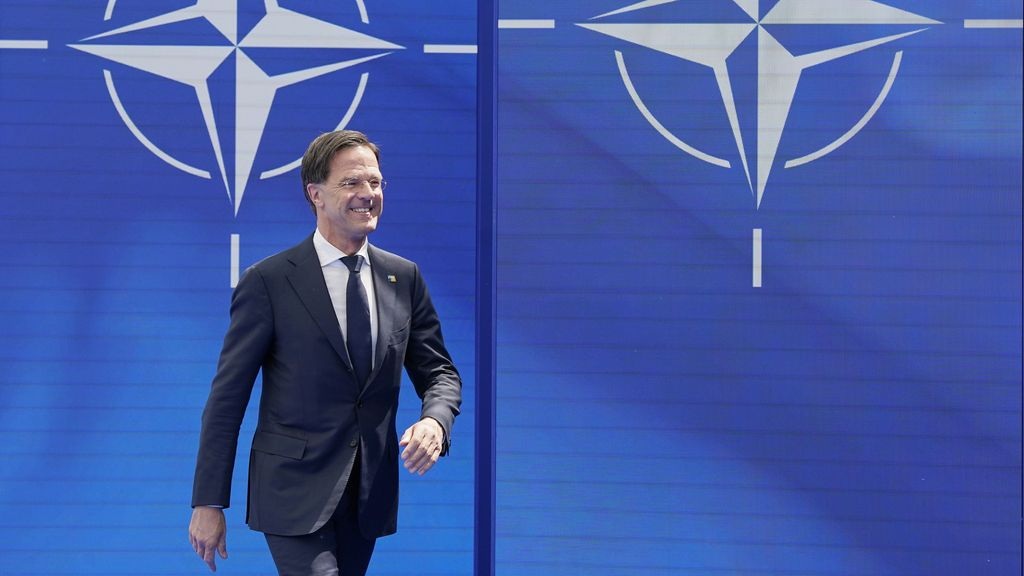By Areej Zaher* --
By the end of 2018, Syria's isolation days seemed to reach an end, and promising diplomatic ties with neighboring Arab countries were in the atmosphere. The visit of the Sudanese president Al-Bashir to Damascus and the re-opening of the UAE embassy marked a new era of diplomatic relations and collaborations between Syria and the Arab countries.
This visit was a first of an Arab leader after the Arab League has suspended Syria's seat since the beginning of the conflict in 2011, in response to the Syrian government's violent attacks on anti-government protesters.
Despite the tension with Arab countries led by Saudi Arabia, as it had attempted to overthrow him by supporting armed rebels and igniting sectarianism, President Assad asserted that his country would remain committed to its "Arab identity".
As Assad is likely to stay in power, supported by his allies (Russia and Iran), the Arab neighboring countries are moving now to restore diplomatic ties with Syria after seven years of hostility and cold relationships.
In the past few months, talks were held between some Arab countries over embracing Syria and restoring its seat in the Arab league. Emirates took the initiative by re-opening its embassy in Damascus. While Trump stated previously on Twitter, Saudi Arabia's intention to participate in the reconstruction of Syria. This rebuild is estimated around $400bn, the UN refuses to pay unless President Assad engages with the UN peace process.
All the signs and evidence now emphasize on restoring the relations between Syria and the Arab countries, after years of isolation. Especially the Gulf nations that hope by making an ally of Syria to downsize the Iranian role in the region, also to pivot Assad away from Tehran's sphere of influence. Along with Sudan and UAE, Morocco, Libya, and Tunisia are considering getting back on track with Syria and looking forward to re-establish good relations with it.
According to the Guardian, there is a growing consensus among the leagues' members to readmit Syria, although the US is pressuring both Riyadh and Cairo to hold off on demanding a vote from members.
This development came five months after the regime restored order and took control over territories conquered by the rebels and “Jihadi” groups. This was marked by the battle for Dara'a and Idlib, the last stronghold of “jihadist”.
Taken both political and military triumph into consideration, we can come to the conclusion that Assad decisively won the conflict. The opposition has not only given up a fight against the regime but found its best in embracing it. Besides, militias based in North-West of the country, who are influenced by Turkey, are unlikely to find foreign backers.
The American's withdrawal was in favor of Assad, which means he has taken a grip also on the north supported by major allies, Iran and Russia. While Russia wants to strengthen the Assad's regime bureaucratic, military and security institutions, Iran seeks to build loyalist militias. Hence, the nature of conflict changed dramatically after the influential Arab countries had changed their tune in regard of policy towards Syria, which once they played a major role in supporting rebels militarily and logistically.
Last Thursday witnessed the first commercial flight from Damascus to Tunisia in seven years of conflict, which raise hopes to open tourism links between the two countries. Not to mention this trip as compelling evidence for Syria to participate in the next Arab league's summit held in Tunisia. In the same context, Syria state media reported that Bahrain may re-open its embassy in Damascus in the upcoming week.
Regardless of what happens next, recent developments have a new promise for Syria and secured Assad's remaining in power. US withdrawal has ended any doubt for its unlimited presence in Syria, clearing the space for its worst enemy, Russia, to take over.
* A Syrian Writer based in Lattakia.






